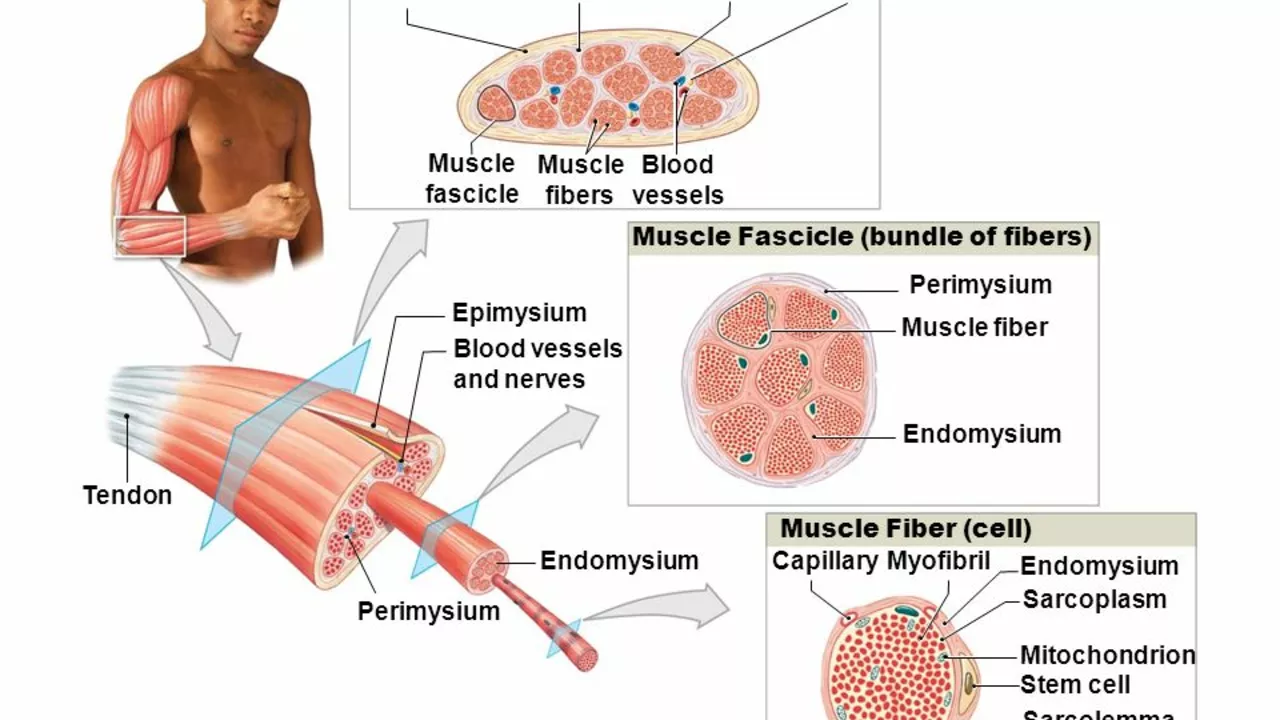If you’re wondering how to keep feeling good while the years add up, you’ve come to the right place. Aging isn’t a mystery; it’s a series of choices you make every day. Below are real‑world tips that work for most people, no fancy jargon required.
A gentle walk around your neighborhood or a short bike ride does more than burn calories – it improves blood flow and lifts mood. Aim for at least 30 minutes of low‑impact activity most days. If you’re new to exercise, start with five‑minute sessions and add a minute each week. Consistency beats intensity when it comes to long‑term joint health.
Strength training doesn’t have to mean heavy weights. Grab two water bottles or use resistance bands for 10‑minute circuits targeting legs, arms, and core. Strong muscles protect bones, reduce fall risk, and keep everyday tasks easy.
Focus on colorful plates: leafy greens, berries, nuts, and fish rich in omega‑3s. These foods supply antioxidants that fight cellular wear and tear. Skip processed snacks that spike blood sugar; they can accelerate inflammation.
Hydration matters more as you age because the sense of thirst dulls. Keep a bottle nearby and sip regularly – aim for eight cups a day, adjusting for activity level. Adding a pinch of salt to water can help retain electrolytes if you’re sweating a lot.
Don’t forget vitamin D and calcium. Sunlight for 15 minutes daily or a modest supplement keeps bones strong. If you have dietary restrictions, talk to a pharmacist about the right dosage.
Sleep quality often drops with age, but simple tweaks help. Keep the bedroom cool, dim lights an hour before bedtime, and limit screen time. A short relaxation routine – deep breaths or gentle stretching – signals your body it’s time to wind down.
Regular health check‑ups catch problems early. Schedule annual blood work, eye exams, and dental visits. If you’re on multiple prescriptions, use a pill organizer and set alarms to avoid missed doses.
Stress can speed up aging, so find what relaxes you. It might be gardening, reading, or chatting with friends over coffee. Social connections boost mental health and keep the brain sharp.
Finally, protect your skin. Even on cloudy days UV rays damage collagen. Apply a broad‑spectrum SPF 30 sunscreen daily, especially on exposed areas like hands and face.
By blending movement, smart eating, good sleep, regular check‑ups, and stress relief, you create a solid foundation for healthy aging. Small changes add up, so pick one tip today and stick with it – your future self will thank you.

In my latest research, I've been looking into how aging affects our skeletal muscle conditions. It's apparent that as we age, our muscles gradually lose strength and mass, which is a process known as sarcopenia. This not only leads to greater frailty, but it also contributes to imbalances and falls, increasing the risk of fractures. Additionally, the body's ability to repair muscles decreases with age, making recovery from injury slower. It's a stark reminder of the importance of maintaining muscle health and strength as we grow older.